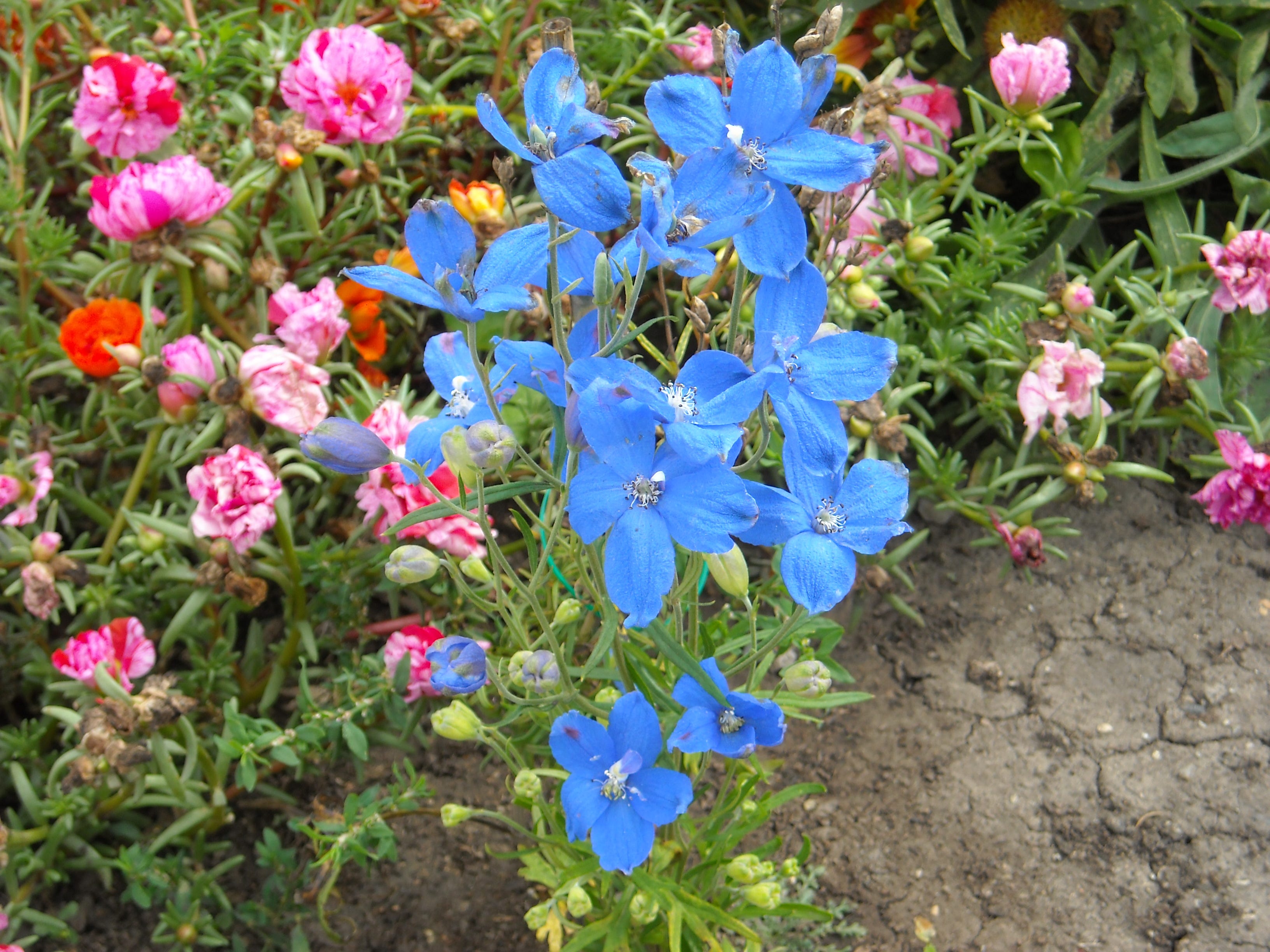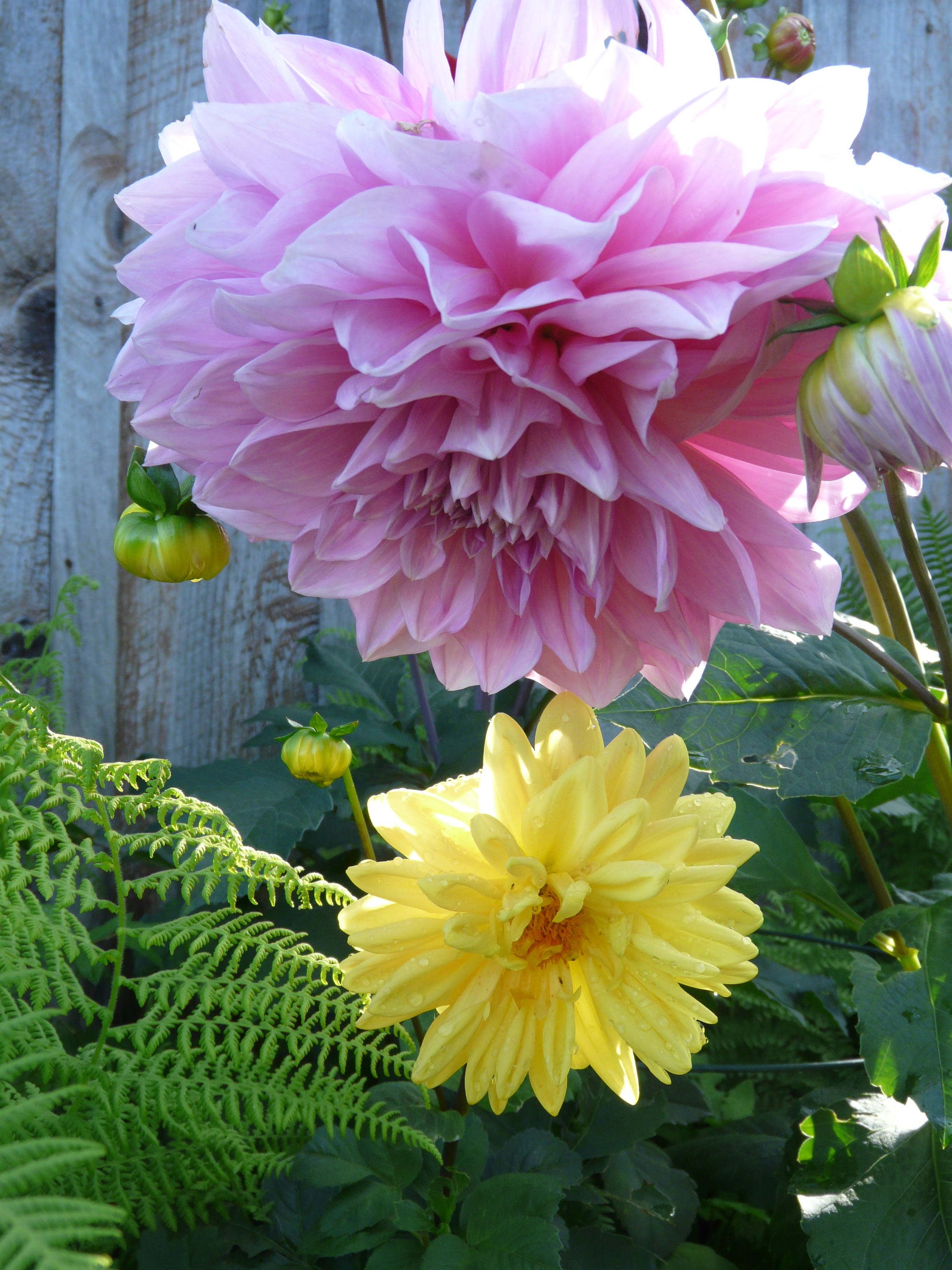by Amanda
 As we’re now in the middle of July, it’s extremely important to get out in the garden and perform several simple tasks that will promote better growth, blooms and encourage your plants to come back even stronger next season.
As we’re now in the middle of July, it’s extremely important to get out in the garden and perform several simple tasks that will promote better growth, blooms and encourage your plants to come back even stronger next season.
Shrubs and Bushes
Any shrub or bush that has dead, diseased or damaged stems need to be cut back as soon as possible, to prevent insects and diseases from hurting the plant. Lilacs, Forsythia, and Rhodedendron require early summer maintenance in order to come back in full health the next spring. Hydrangeas need to be pruned mid-summer to promote the healthiest growth. Roses should be cut back as soon as they are finished blooming. Any type of hedge, such as boxwood and privet, should be maintained and trimmed frequently during the growing season, making sure to stop approximately a month before your area's first frost.
Perennials
Perennial plants that have finished blooming for the season should be left in the garden until all green growth has turned brown. You can then cut them back in the late summer/fall months, or leave the stems over the winter to provide food and homes for the wildlife. This is really your decision, however any plant that seems to be severely damaged or diseased should be cut all the way back to help prevent this from spreading or coming back the next season.
This is really your decision, however any plant that seems to be severely damaged or diseased should be cut all the way back to help prevent this from spreading or coming back the next season.
Deadheading to Promote More Blooms
If you planted annuals this season, deadheading a spent flower will help to promote another bloom to take its place.Cutting the flower as soon as the blossom dies is important - It gives the plant the chance to use the energy it would have used to create seeds to create a new bloom. Most annuals will benefit from deadheading and several perennial plants will produce more blooms if done. Salvia and Coreopsis are two varieties that will produce more flowers if you deadhead spent blooms. Don’t deadhead all blooms, as you’ll want the plant to form seeds to grow more and spread in your garden each season.
Watering and Fertilizer
 Many areas throughout the country are experiencing extreme heat this summer. In this weather, it’s important to water as much as possible at certain times during the day. Don’t water in the afternoon, as it could burn the foliage of your plants. Instead, water in the early morning or evening, once the sun is not directly shining on your plants. It’s also important to apply an organic fertilizer about once per month or as needed for your garden.
Many areas throughout the country are experiencing extreme heat this summer. In this weather, it’s important to water as much as possible at certain times during the day. Don’t water in the afternoon, as it could burn the foliage of your plants. Instead, water in the early morning or evening, once the sun is not directly shining on your plants. It’s also important to apply an organic fertilizer about once per month or as needed for your garden.
Summer care for the garden is vital to making sure your garden remains healthy, vibrant and produces an abudance of blooms (and crops) for you not only this season, but for years to come. Happy Gardening!